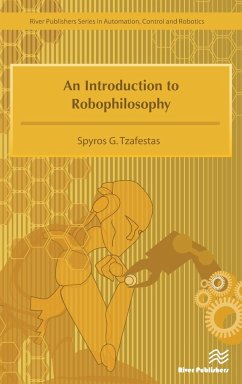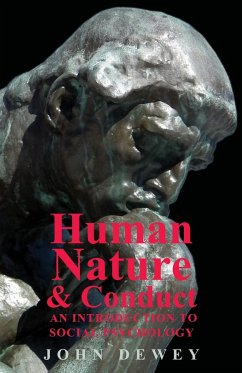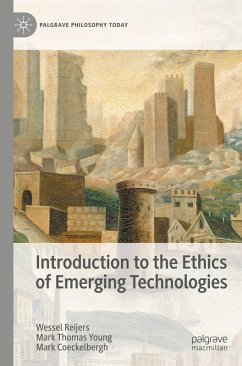
An Introduction to Robophilosophy
Versandkostenfrei!
Versandfertig in 1-2 Wochen
115,99 €
inkl. MwSt.
Weitere Ausgaben:

PAYBACK Punkte
58 °P sammeln!
Modern robots have arrived at a very matured state both in their mechanical / control aspects and their mental aspects. An Introduction to Robophilosophy explores the philosophical questions that arise in the development, creation, and use of mental - anthropomorphic and zoomorphic- robots that are capable of semiautonomous / autonomous operation, decision making and human-like action, being able to socially interact with humans and exhibit behavior similar to human beings or animals. Coverage first presents fundamental concepts, and an overview of philosophy, philosophy of science, and philos...
Modern robots have arrived at a very matured state both in their mechanical / control aspects and their mental aspects. An Introduction to Robophilosophy explores the philosophical questions that arise in the development, creation, and use of mental - anthropomorphic and zoomorphic- robots that are capable of semiautonomous / autonomous operation, decision making and human-like action, being able to socially interact with humans and exhibit behavior similar to human beings or animals. Coverage first presents fundamental concepts, and an overview of philosophy, philosophy of science, and philosophy of technology. The six principal mental capabilities of modern robots, namely cognition, intelligence, autonomy, consciousness, conscience, and ethics are then studied from a philosophical point of view. They actually represent the product of technological embodiment of cognitive features to robots. Overall, readers are provided a consolidated thorough investigation of the philosophical aspects of these mental capabilities when embedded to robots. This book will serve as an ideal educational source in engineering and robotics courses as well as an introductory reference for researchers in the field of robotics, and it includes a rich bibliography.













